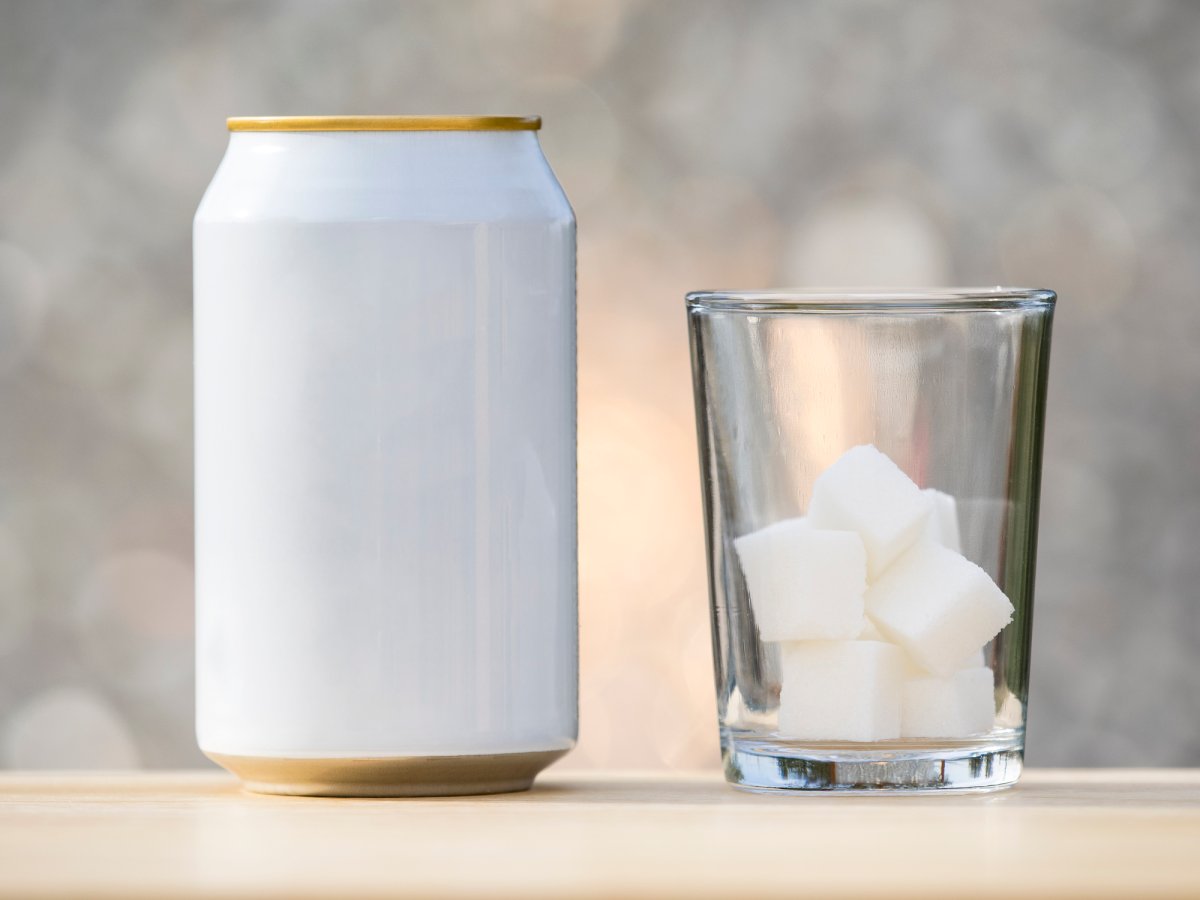Pregnant women who consumed sugary beverages during pregnancy may be putting their children at risk of developing asthma down the road, a new study suggests.

The study, which was recently published the Annals of the American Thoracic Society, found children between the ages of seven and nine were at a greater risk of developing asthma if their mothers drank sugary drinks while pregnant.
However, the study also noted children were also at risk if they consumed high amounts of fructose during early childhood.
“Previous studies have linked intake of high fructose corn syrup sweetened beverages with asthma in school children, but there is little information about when during early development exposure to fructose might influence later health,” lead author Sheryl L. Rifas-Shiman of Harvard Medical School and Harvard Pilgrim Health Care Institute said in a statement.
READ MORE: Kids who eat fish and nuts every day cut their risk of asthma, study finds
The research
For the study, Rifas-Shiman and her team looked at 1,068 mother-child duos who were part of another study based in Eastern Massachusetts. This study looked at ways to improve the overall health of mothers and their children.
Heading into their third trimesters, women were asked to complete questionnaires about what they were eating and drinking, including how often they consumed pop and fruit drinks.
When their children reached 3.3 years, they were asked about their eating and drinking habits again, but this time what their children were eating too. Mothers also reported if their child had asthma.

The study concluded in mid-childhood, 19 per cent of children had asthma, and pregnant who consumed the most sugar-sweetened beverage and fructose consumption were 63 per cent and 61 per cent more likely to have children with asthma.
“Avoiding high intake of sugary beverages during pregnancy and in early childhood could be one of several ways to reduce the risk of childhood asthma,” Rifas-Shiman added.

Get weekly health news
Pregnancy and diet
Sarah Remmer, a registered dietitian based in Calgary, says while most people should avoid over-consuming sugary drinks, pregnant women, in particular, should be on alert.
“Pregnancy is an important time for maximizing nutrition, not only for the developing baby, but also for mom,” she tells Global News. “Sugary drinks provide empty calories, so are typically void of nutrition, but high in calories.”
Diet pop isn’t any better, she adds. “Once in a while, diet pop should be OK during pregnancy, but because it also tends to include caffeine,” she continues.
Expecting mothers should also not go over their daily intake of caffeine (which is around 200-300 mg total), and for some, artificial sweeteners may have a negative effect on gut flora.
READ MORE: Why people with asthma should always wear a scarf during winter
The focus during pregnancy, she says, should be eating nutrient-dense whole foods like fruits, vegetables, meats and alternatives.
“It’s OK to indulge once in a while, but because it’s such an important time for growth and development, the focus should be on nutrient-dense foods.”
Confusion around added sugar
READ MORE: To tax or not to tax? The great sugar debate
“Natural sugars occur in some whole foods like fruits, vegetables, and dairy products,” she continues. “These foods, although they contain natural sugar, are also nutrient-dense.”
And for children, in particular, sugar can be added in many products targeted to them. This can include pop, fruit juice, fruit punch, sweetened yogurt, candy, canned fruit, fruit “snacks” are all examples of foods and drinks with fructose, she says.
“I can see how there could be a connection between the sugar-sweetened beverages during pregnancy, and perhaps a pre-disposition to craving sugary foods and beverages into childhood, and then the connection between obesity and asthma.”






Comments